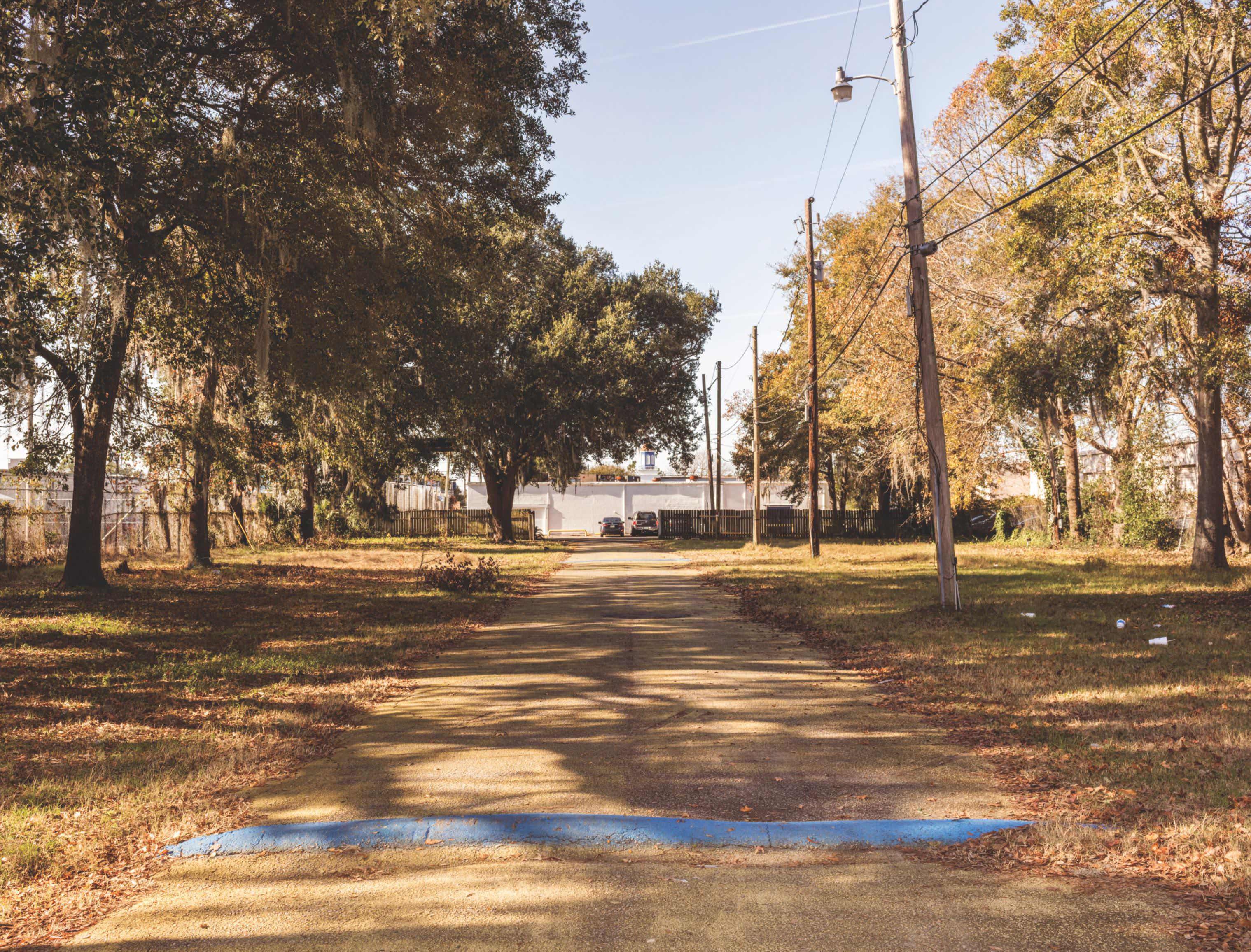What does it take to convict a cop?

Walter Scott’s cellphone bill was current. In that small but not unimportant aspect of life, he was on solid ground. He had checked in with his elderly parents, called and texted friends. At 50 years old, Scott was a forklift driver, a dominoes aficionado, an extrovert with a buttery voice who sang soul music at social gatherings and spirituals in church. As a young man he’d served in the Coast Guard, but he was discharged after testing positive for marijuana. He drifted between jobs, earned a two-year degree at a technical college, and performed the national anthem at his commencement ceremony. He had four children from two past relationships and was chronically behind on support payments.
On the morning of April 4, 2015, Scott was driving a 1991 Mercedes sedan that he had agreed to purchase from a neighbor, though the paperwork had not yet been squared away. He had a friend with him. He was less than a mile from the home he shared with his girlfriend in North Charleston, South Carolina—genteel Charleston’s poor cousin, a city of roughly 108,000 people that is bisected by railroad tracks and dotted with pawn shops and payday loan outlets. In parts of North Charleston, it seems like just about anything of value—tire superstores, small industrial sites, even residences—is protected by high cyclone fences and barbed wire.
Denne historien er fra March/April 2017-utgaven av Mother Jones.
Start din 7-dagers gratis prøveperiode på Magzter GOLD for å få tilgang til tusenvis av utvalgte premiumhistorier og 9000+ magasiner og aviser.
Allerede abonnent ? Logg på
Denne historien er fra March/April 2017-utgaven av Mother Jones.
Start din 7-dagers gratis prøveperiode på Magzter GOLD for å få tilgang til tusenvis av utvalgte premiumhistorier og 9000+ magasiner og aviser.
Allerede abonnent? Logg på

HOG WILD
The scandalous reason meat prices have skyrocketed

ALL WALKS
Limiting cars in cities can help disabled people, too.

REMIGRATION
How Trumpism is following the far right in Europe toward mass expulsion of immigrants

SETTLING THE SCORE
A pop psychology book is considered the definitive trauma text. But what if it's leading survivors down the wrong path?

Positive Spin
People with e-bikes drive less, pollute less, parkinglots-and that's only part of why cities and states are embracing them with gusto.

Cradle and All
The devastating cost of Utah's thriving adoption industry

THE BILLIONAIRE WHO NEARLY BROKE NEWPORT
TRUMP MEGADONOR STEPHEN SCHWARZMAN'S EXTREME MANSION MAKEOVER IS DRIVING HIS NEIGHBORS NUTS.

THE SECRET PLAN TO STRIKE DOWN US GUN LAWS
AND THE COP-TURNED-PASTOR AT THE CENTER OF IT ALL

GOOD NIGHT AND GOOD LUCK
Election Day inside a bustling broadcast newsroom that no longer exists

MASTER OF DISASTER
Trump won’t confront the climate crisis. He’ll feast off it.